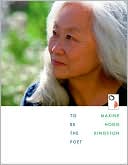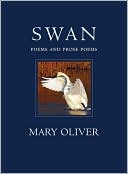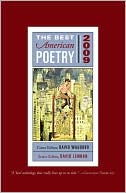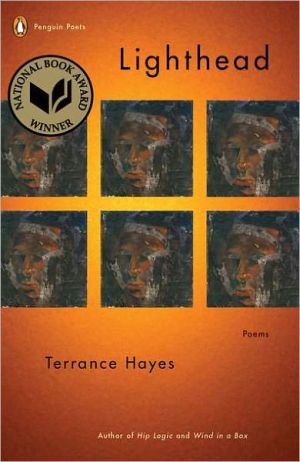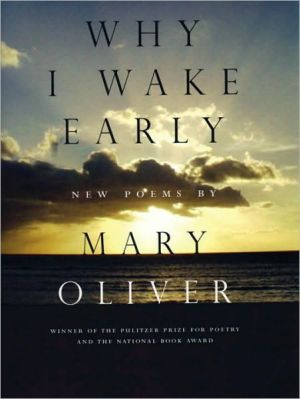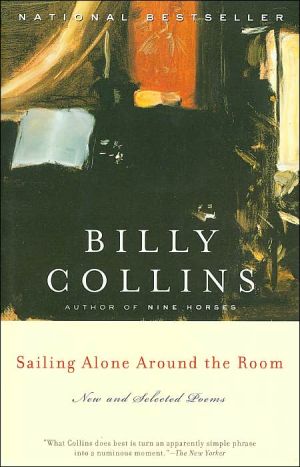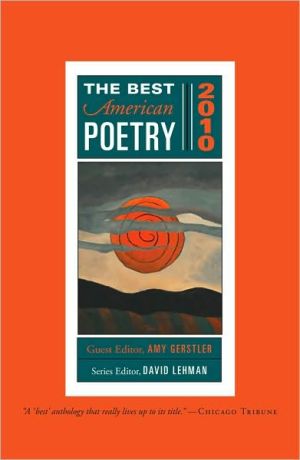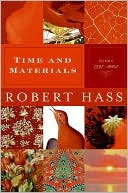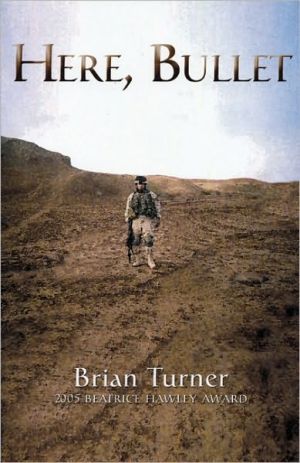To Be the Poet
Search in google:
"I have almost finished my longbook," Maxine Hong Kingston declares. "Let my life as Poet begin...I won't be a workhorse anymore; I'll be a skylark." To Be the Poet is Kingston's manifesto, the avowal and declaration of a writer who has devoted a good part of her sixty years to writing prose, and who, over the course of this spirited and inspiring book, works out what the rest of her life will be, in poetry. Taking readers along with her, this celebrated writer gathers advice from her gifted contemporaries and from sages, critics, and writers whom she takes as ancestors. She consults her past, her conscience, her time—and puts together a volume at once irreverent and deeply serious, playful and practical, partaking of poetry throughout as it pursues the meaning, the possibility, and the power of the life of the poet. A manual on inviting poetry, on conjuring the elusive muse, To Be the Poet is also a harvest of poems, from charms recollected out of childhood to bursts of eloquence, wonder, and waggish wit along the way to discovering what it is to be a poet.Publishers WeeklyA collection of stories and legends, Kingston's The Woman Warrior (1976) is a collegiate fixture and a centerpiece for the Asian-American canon; her subsequent works buttressed her reputation for fiction and autobiographical prose. This short volume chronicles Kingston's attempts to adopt "the life of the Poet": "The Poet's day will be moment upon moment of gladsomeness. Poets do whatever they like." Though they were first delivered as lectures at Harvard, these three chapters in note-like prose with interpolated verse read more like short diaries. Brief meditations on Kingston's late parents; glimpses from her travels to the U.K. and Hawaii; sketches and even numerical jottings; daily events ("I'd ordered a burgundy, but got white wine") and portentous sentences on her poet acquaintances (Gary Snyder, Alice Fulton, Fred Marchant) punctuate what are mostly Kingston's notes on her attempts to write verse, and on her ideas of what verse-writing means. "Taking the day off, I was already acting like the Poet"; "Try for poetry day and night./ Try in various places"; "I actually felt diamonds of light touch me." Part three includes more of Kingston's own poetry, which is mostly unfinished (as she says) and largely unsatisfactory (as she acknowledges): "Word or picture cannot show/ the Reality of Cow." Her last and most effective poem revisits her first book it versifies the story of Mu Lan, the Woman Warrior, and Kingston's devotees will appreciate that, even as they await her return to other forms. (Sept.) Copyright 2002 Cahners Business Information.
1. I Choose the Poet's Life2. I Call on the Muses of Poetry, and Here's What I Get3. Spring Harvest
